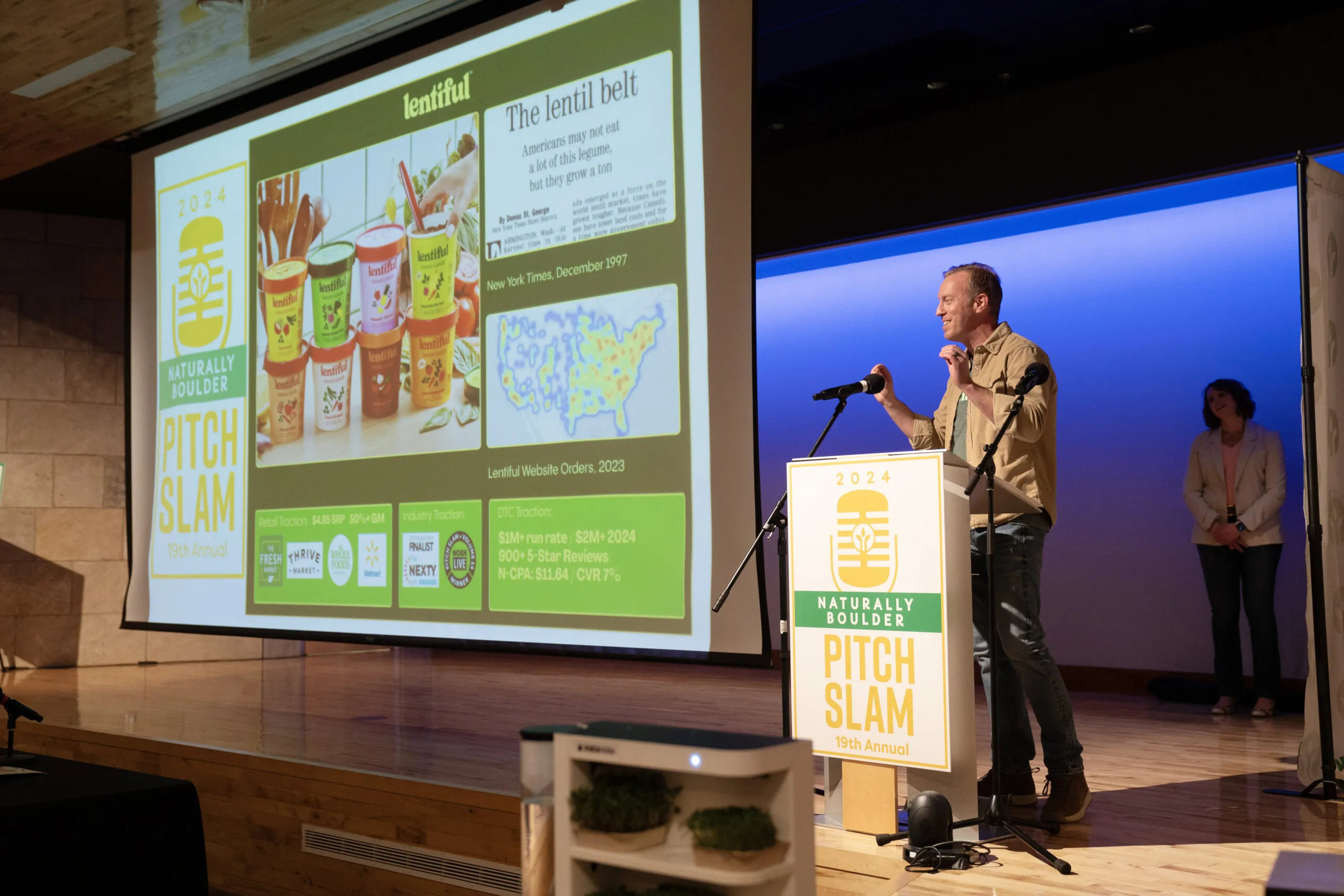Slower growth could be ‘new reality’ for Colorado
Economists predict slowdown but not recession in 2025

“Slower growth … may be the new reality for Colorado as population growth, especially through net migration, remains slow, creating headwinds for labor force and job growth."
THIS ARTICLE IS FOR SUBSCRIBERS ONLY
Continue reading for less than $3 per week!
Get a month of award-winning local business news, trends and insights
Access award-winning content today!
Already have a paid subscription?
Sign in with GoogleSign in with Google





